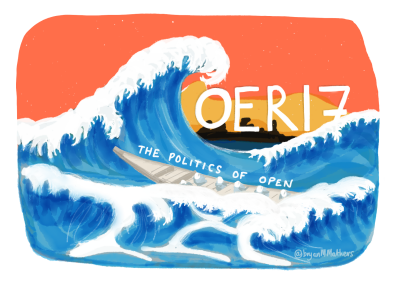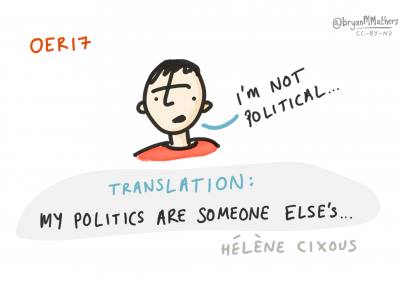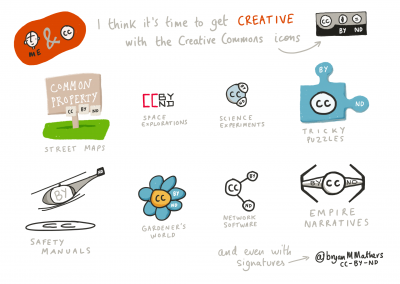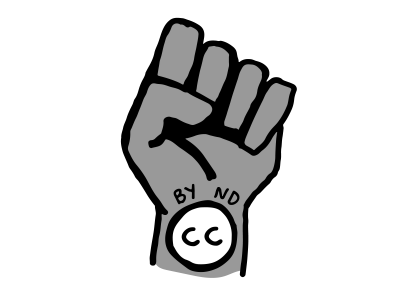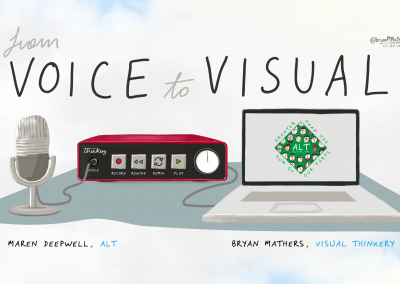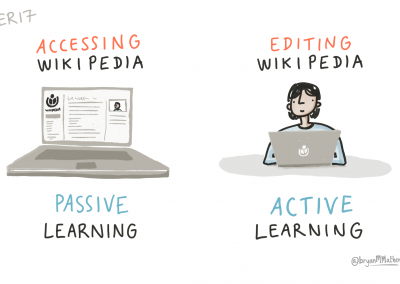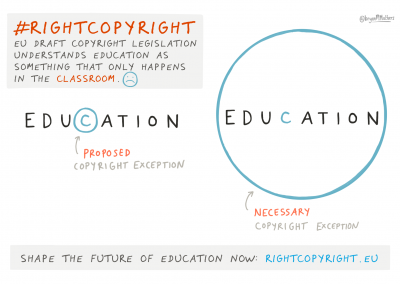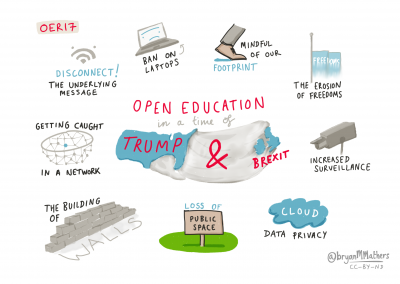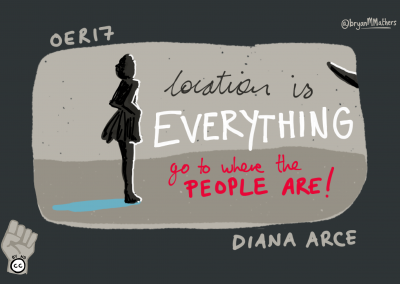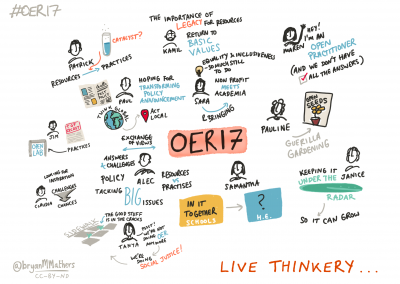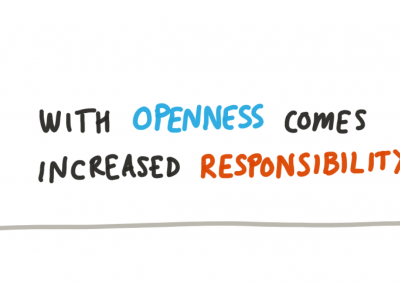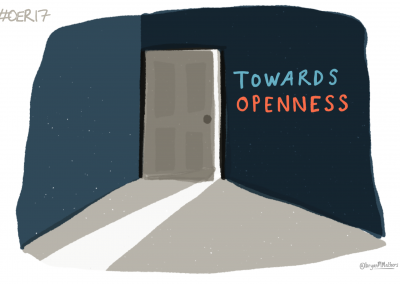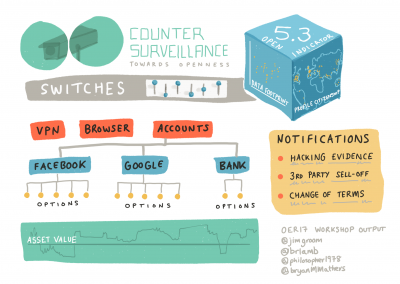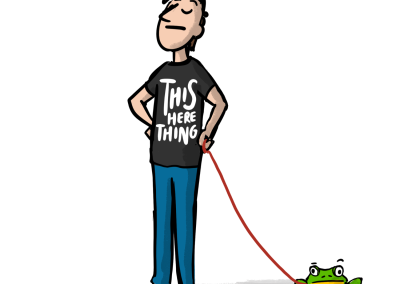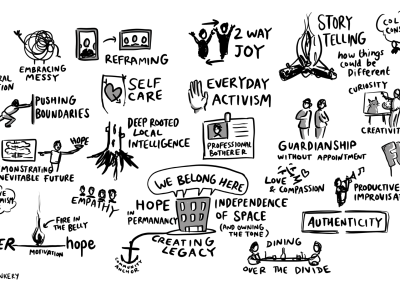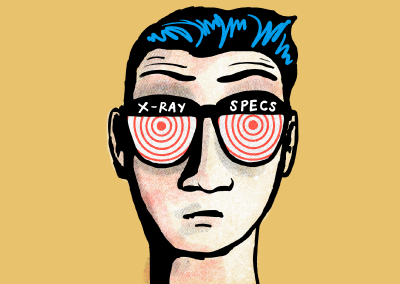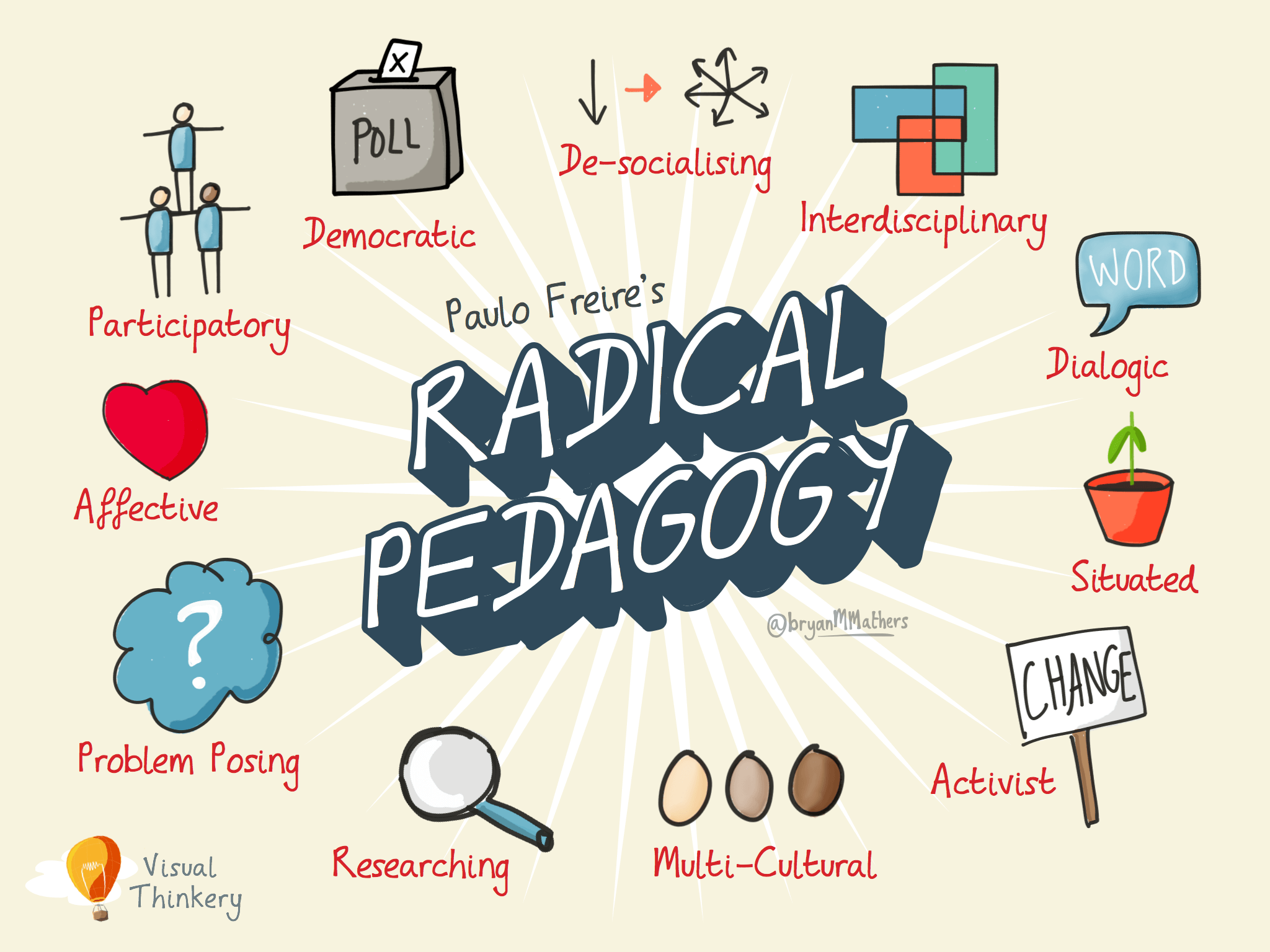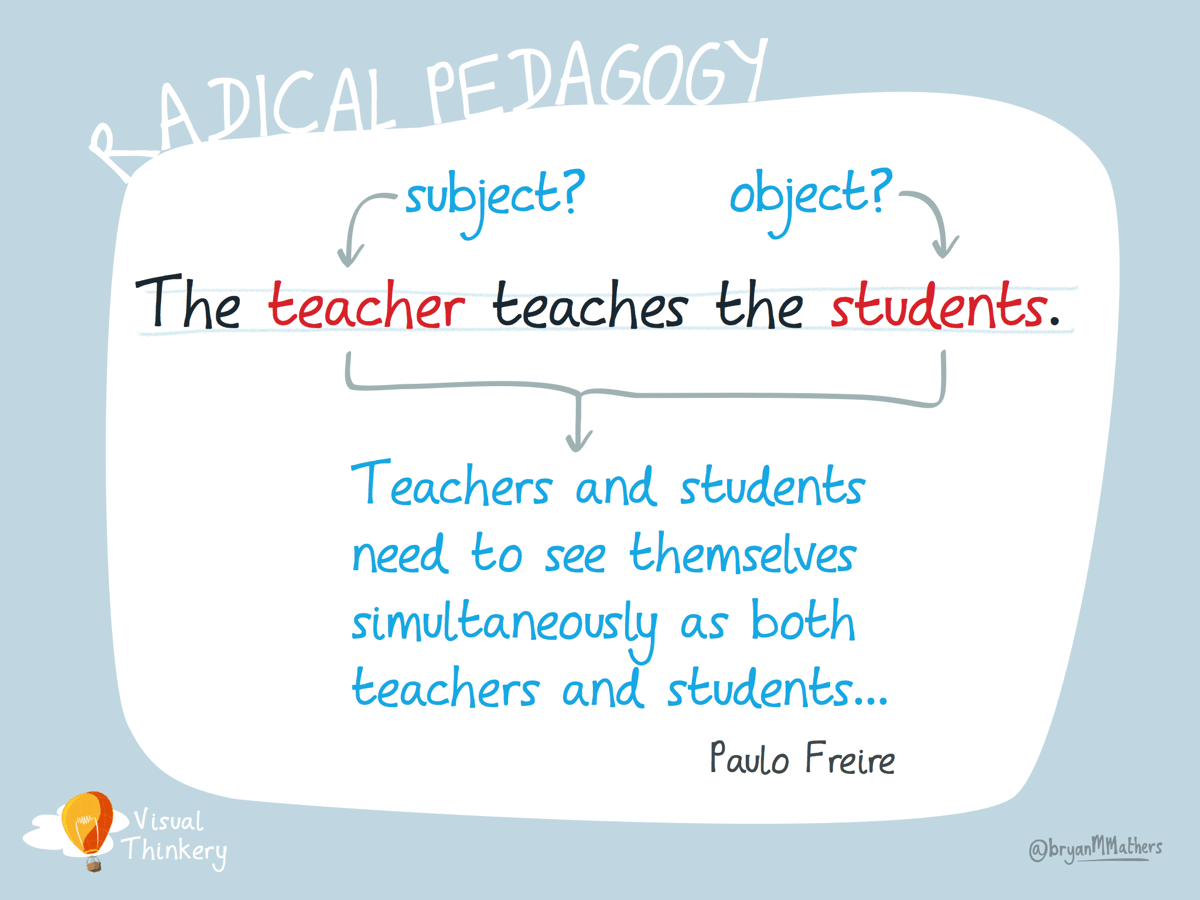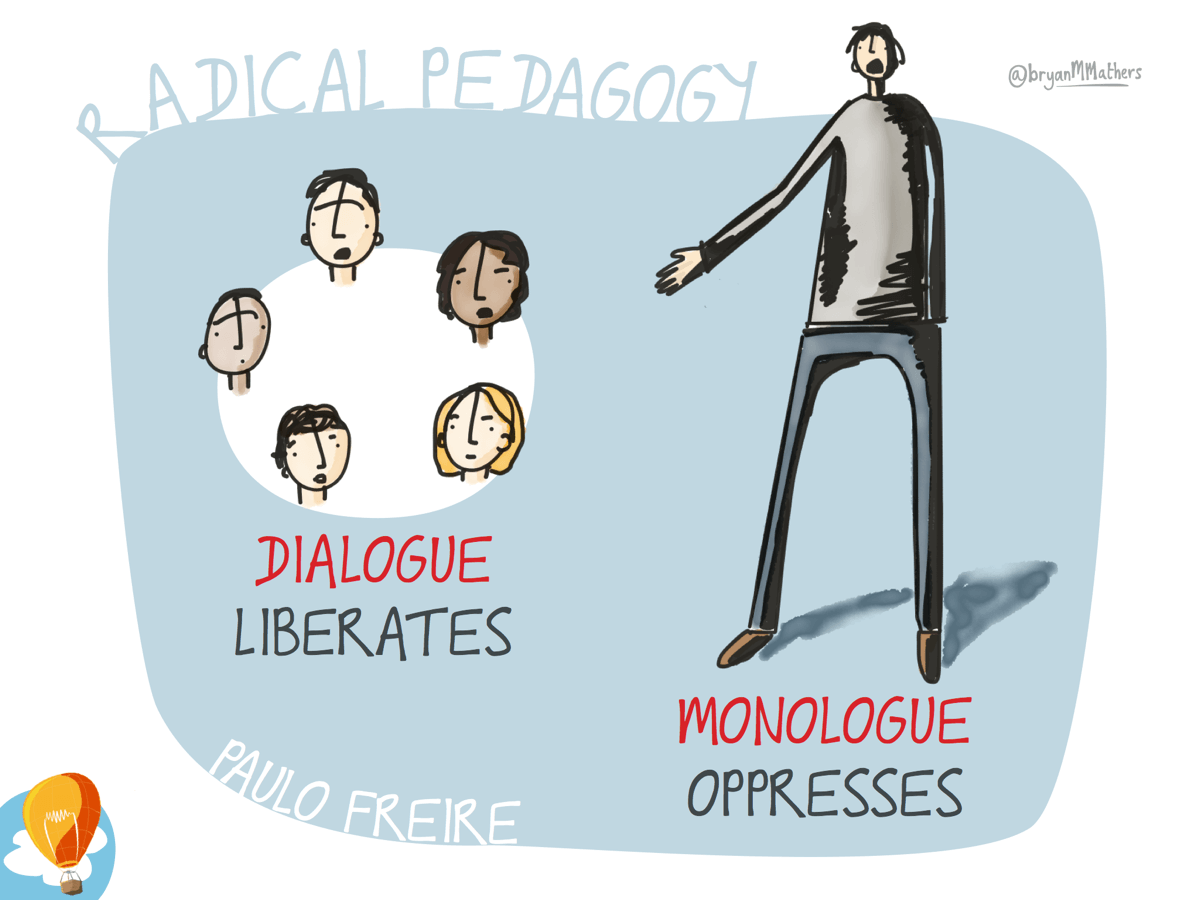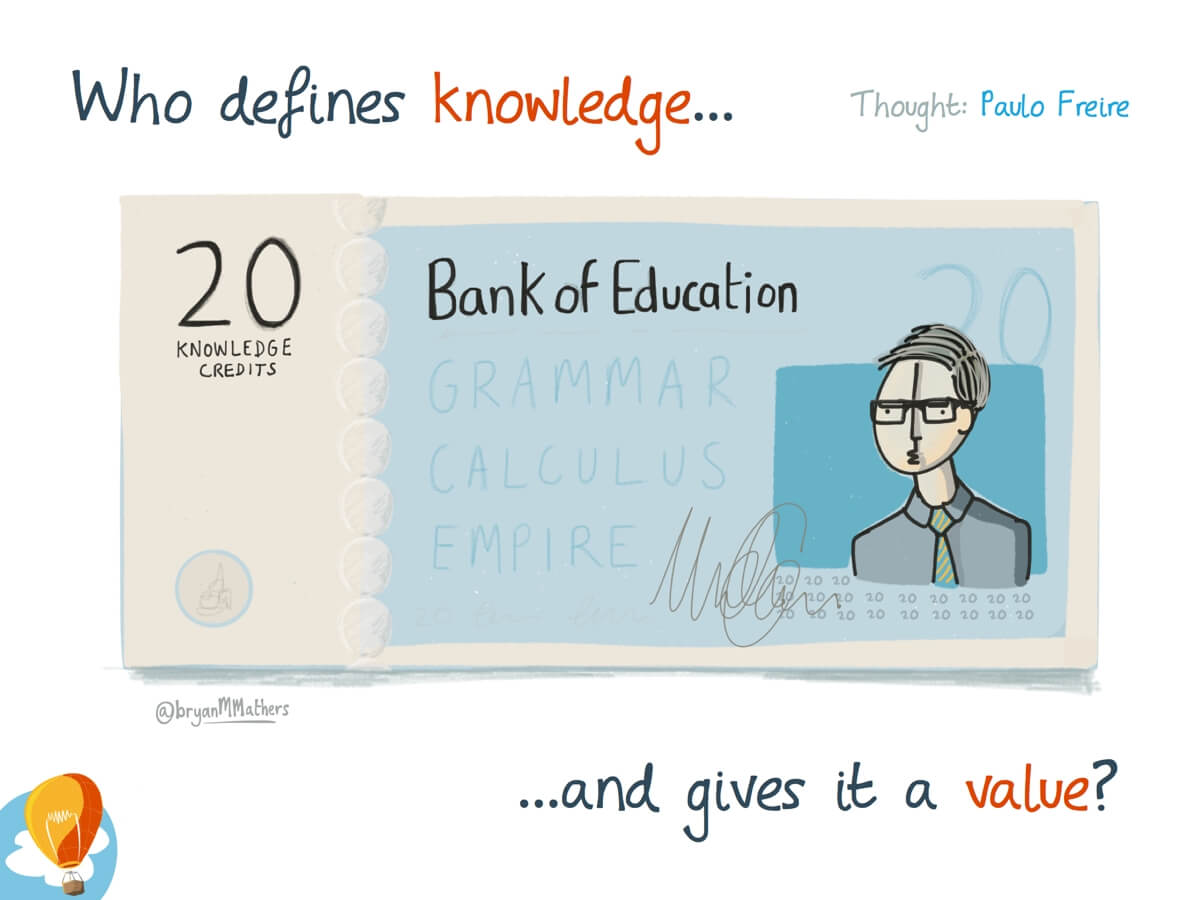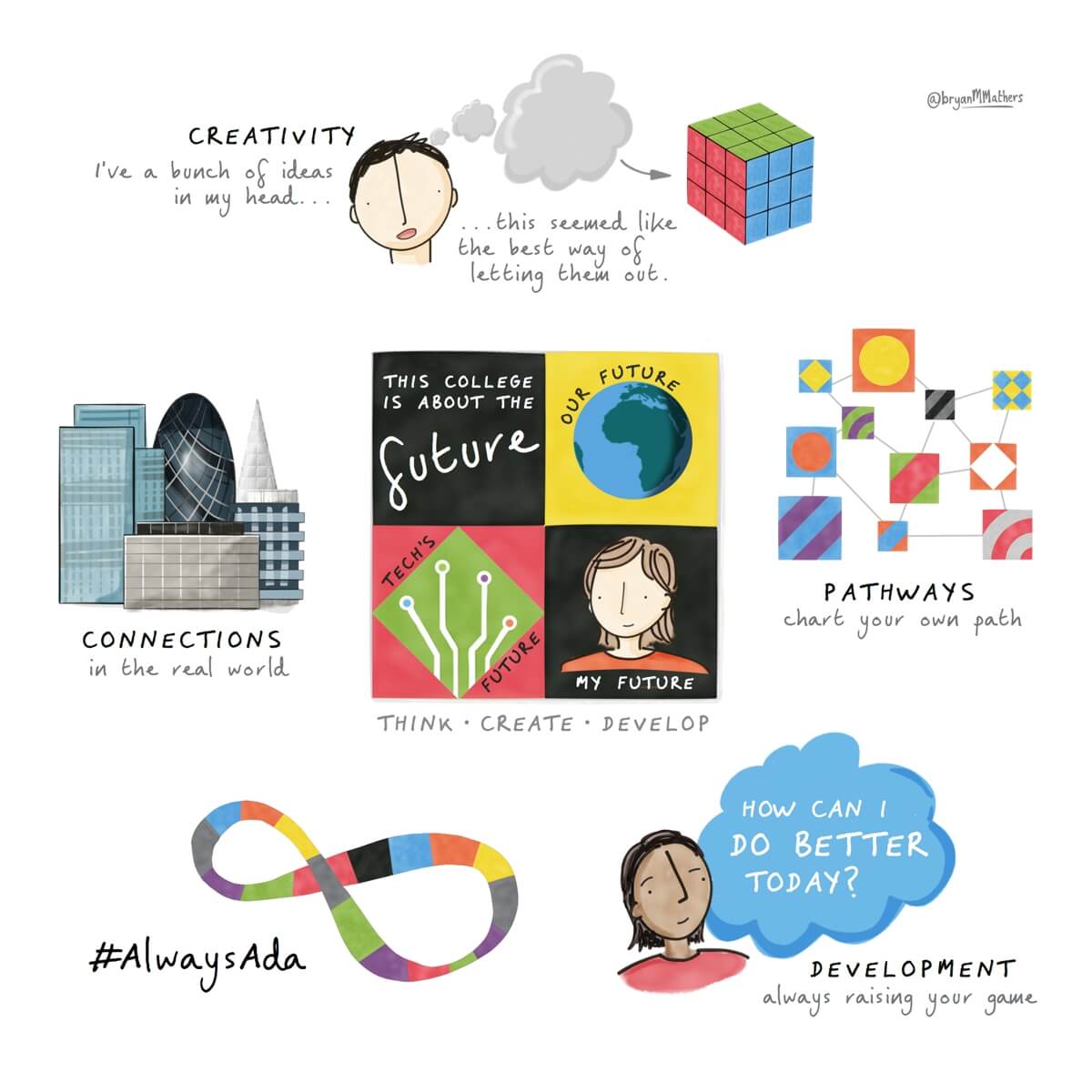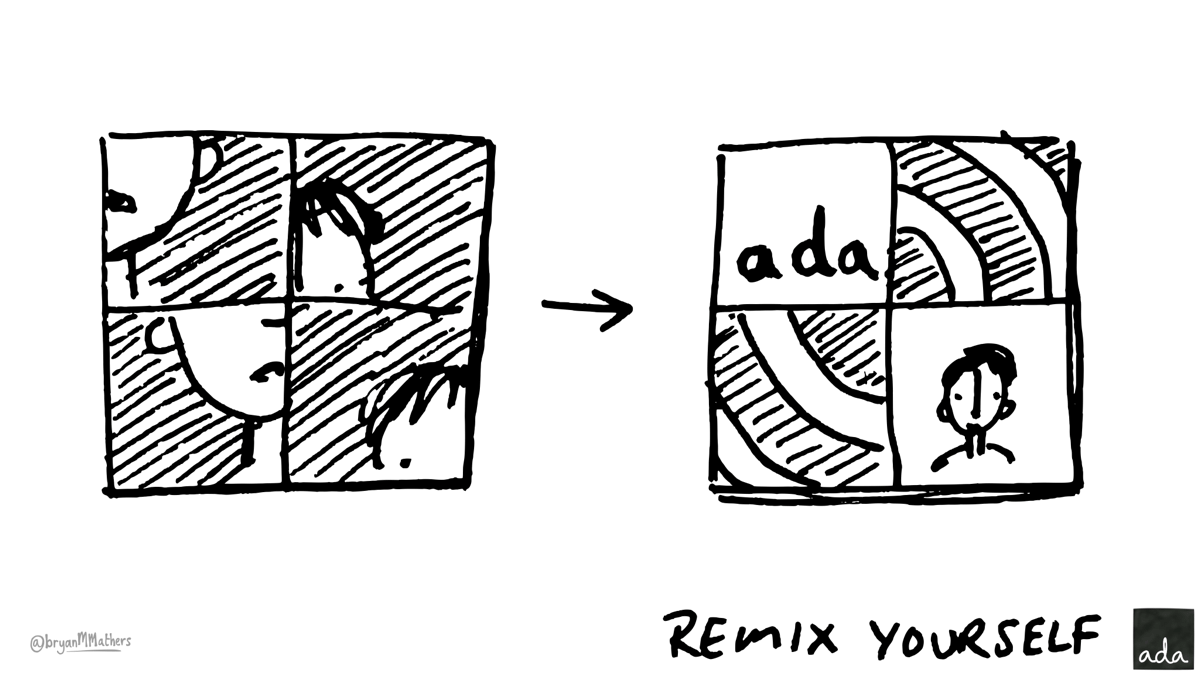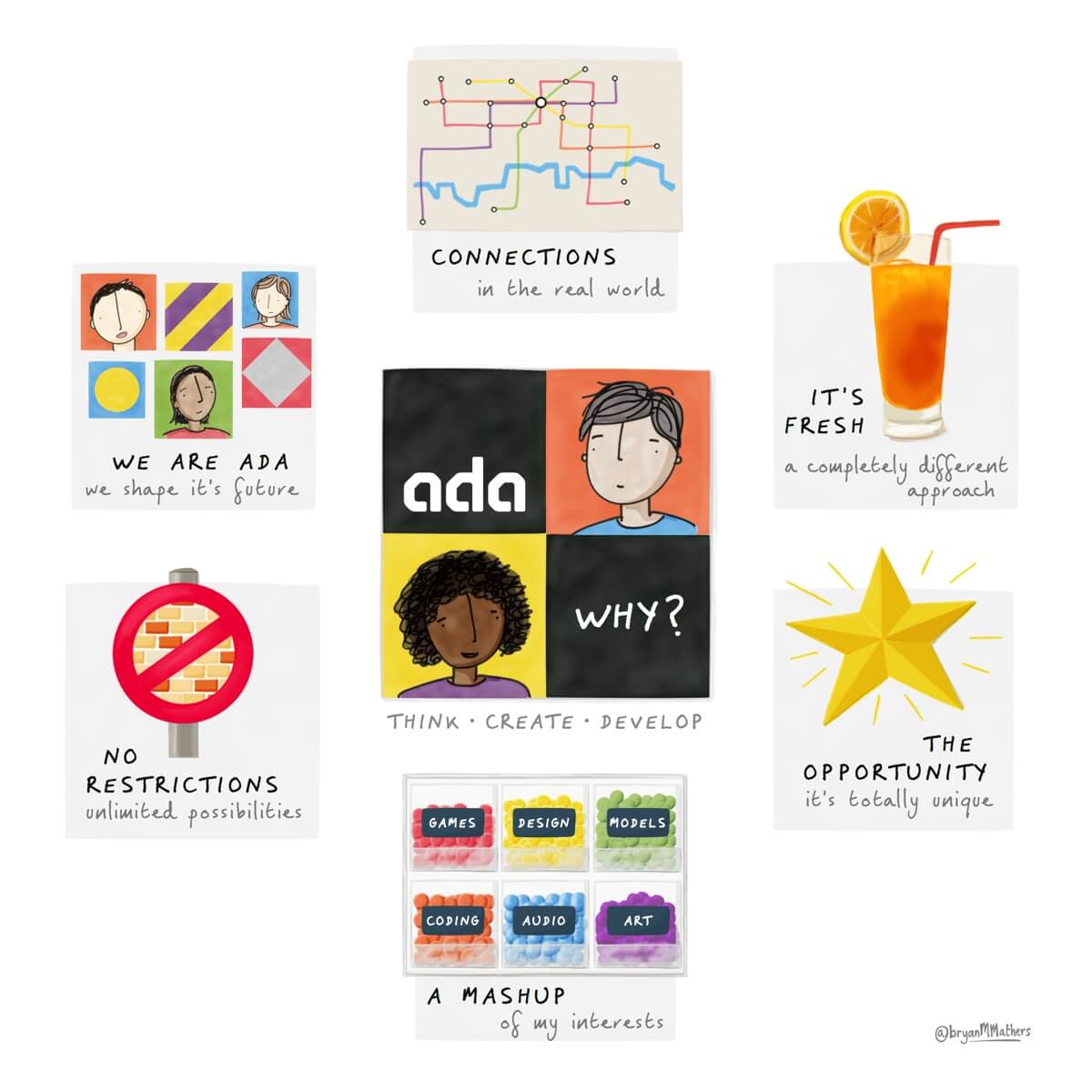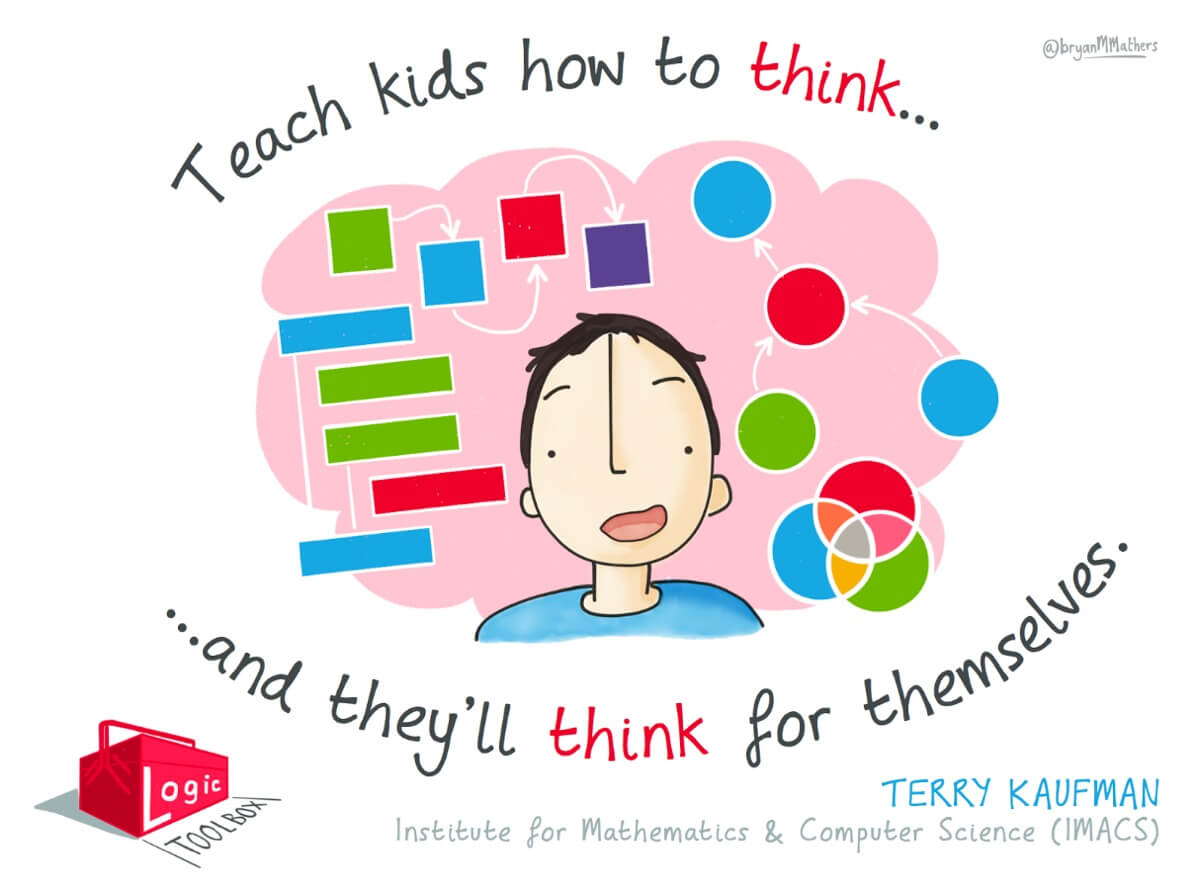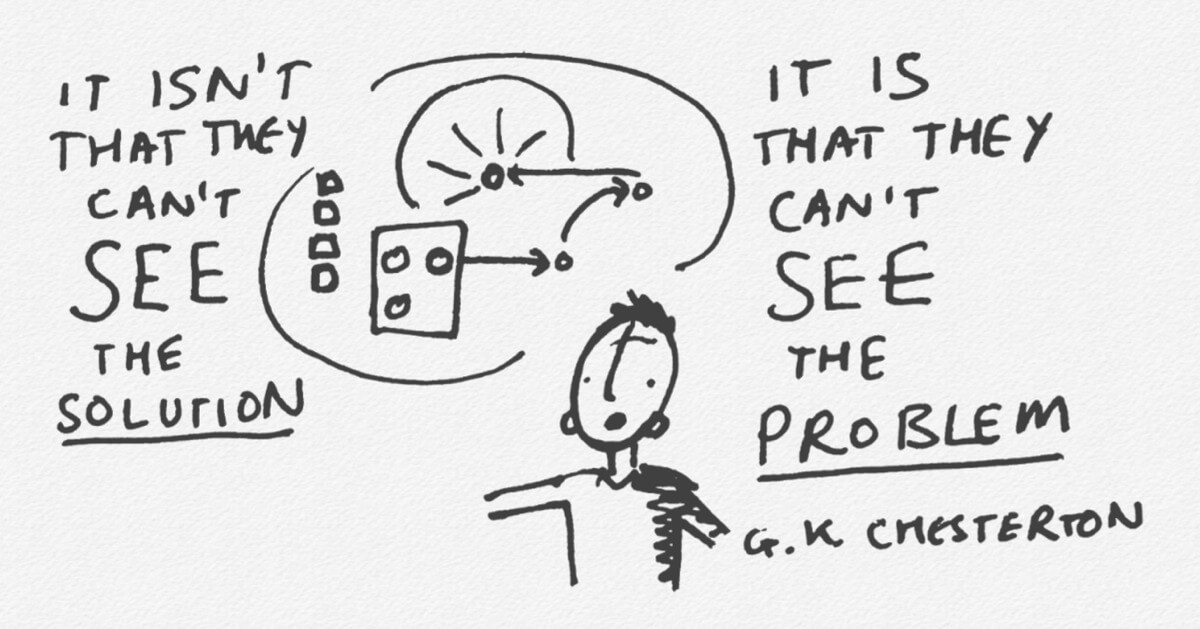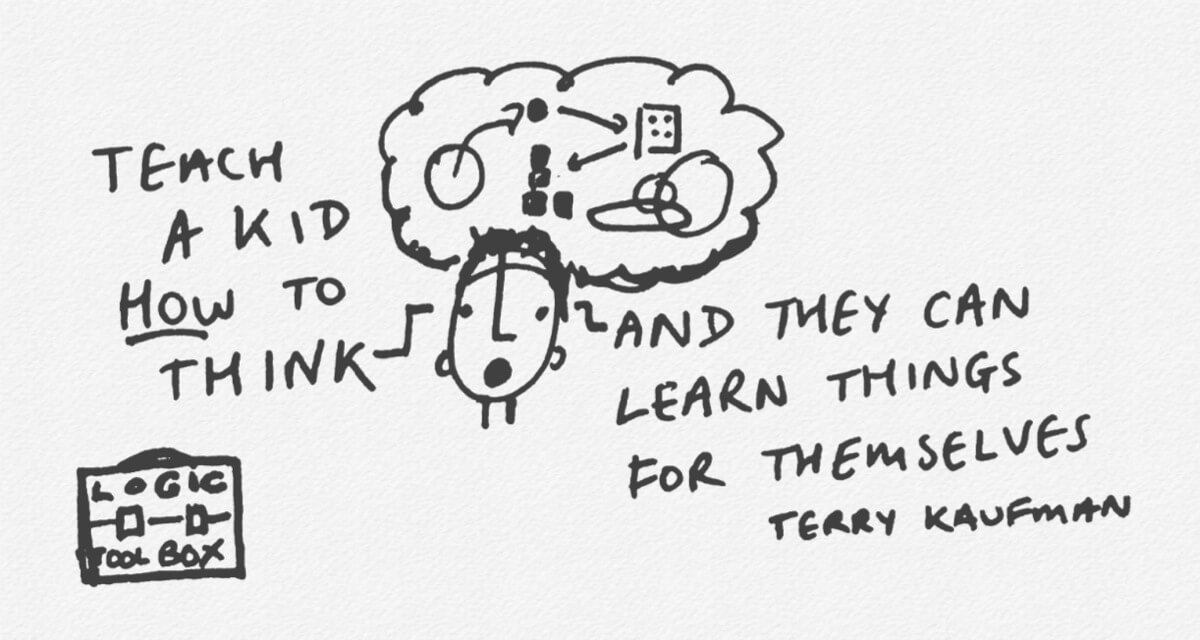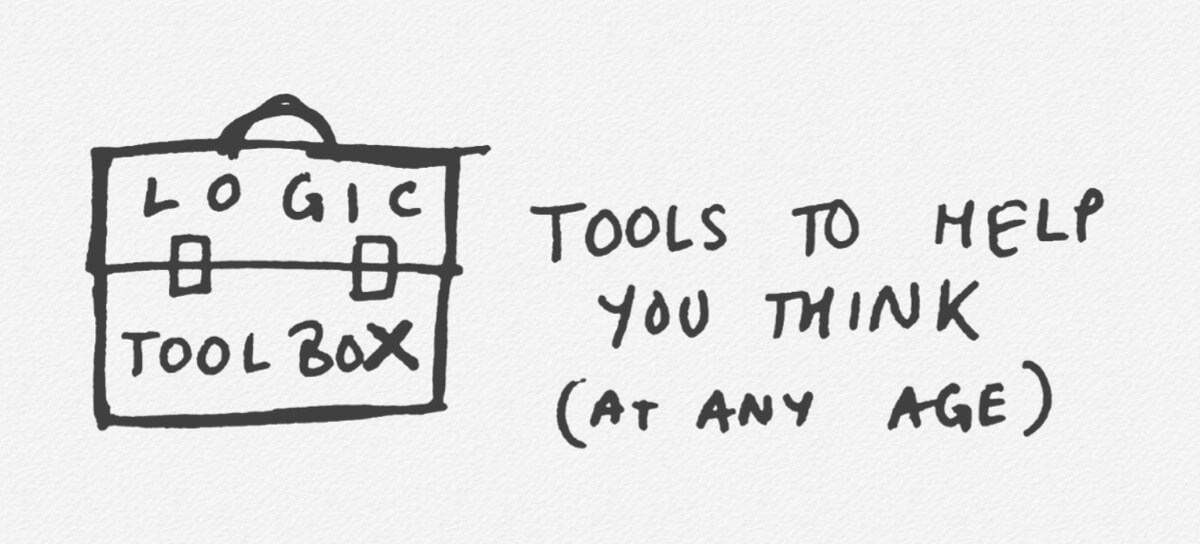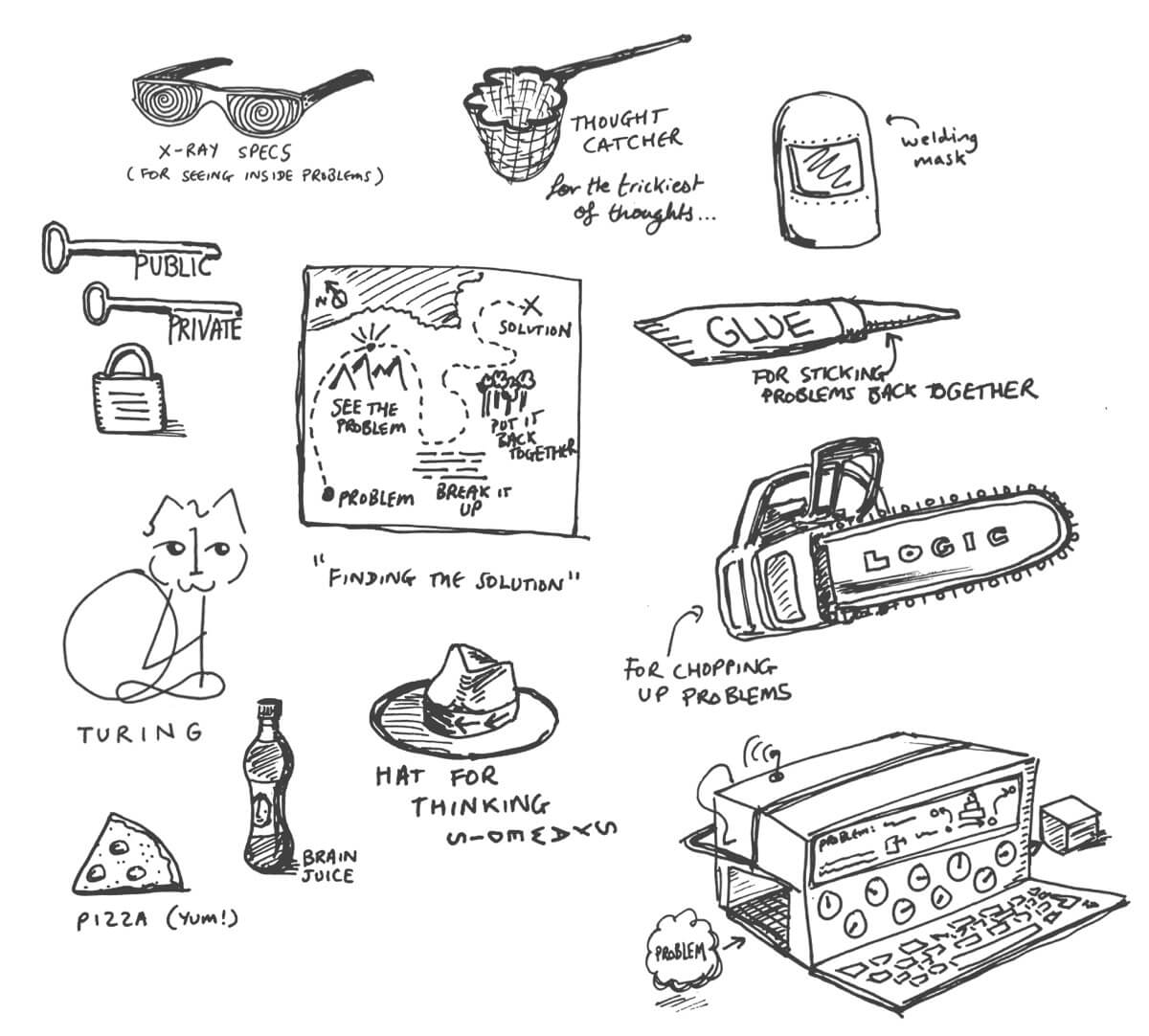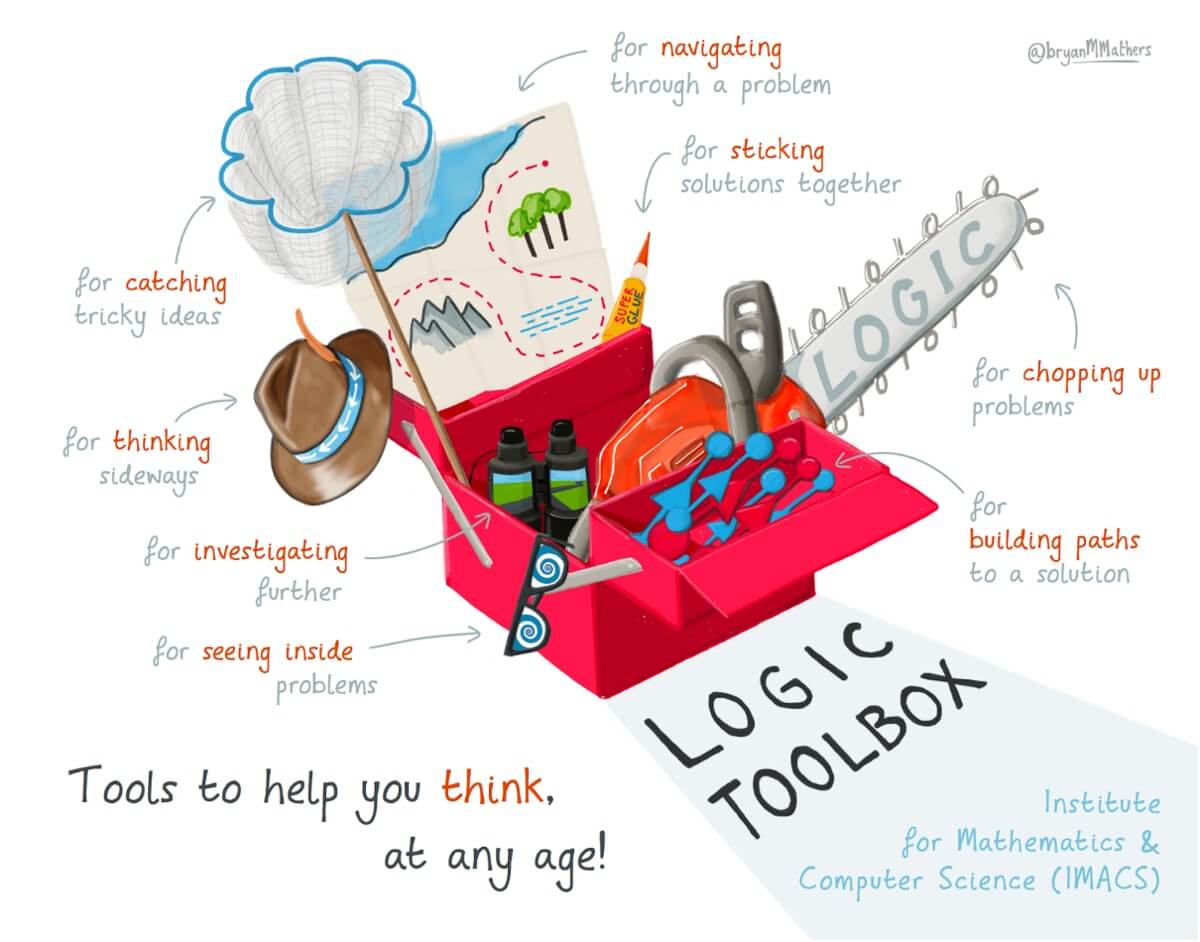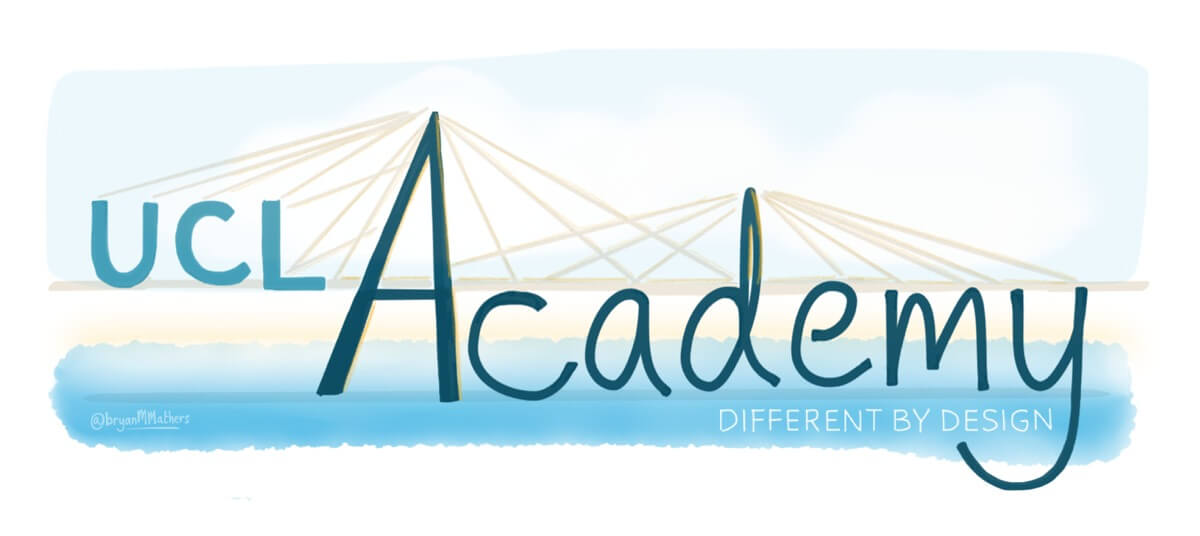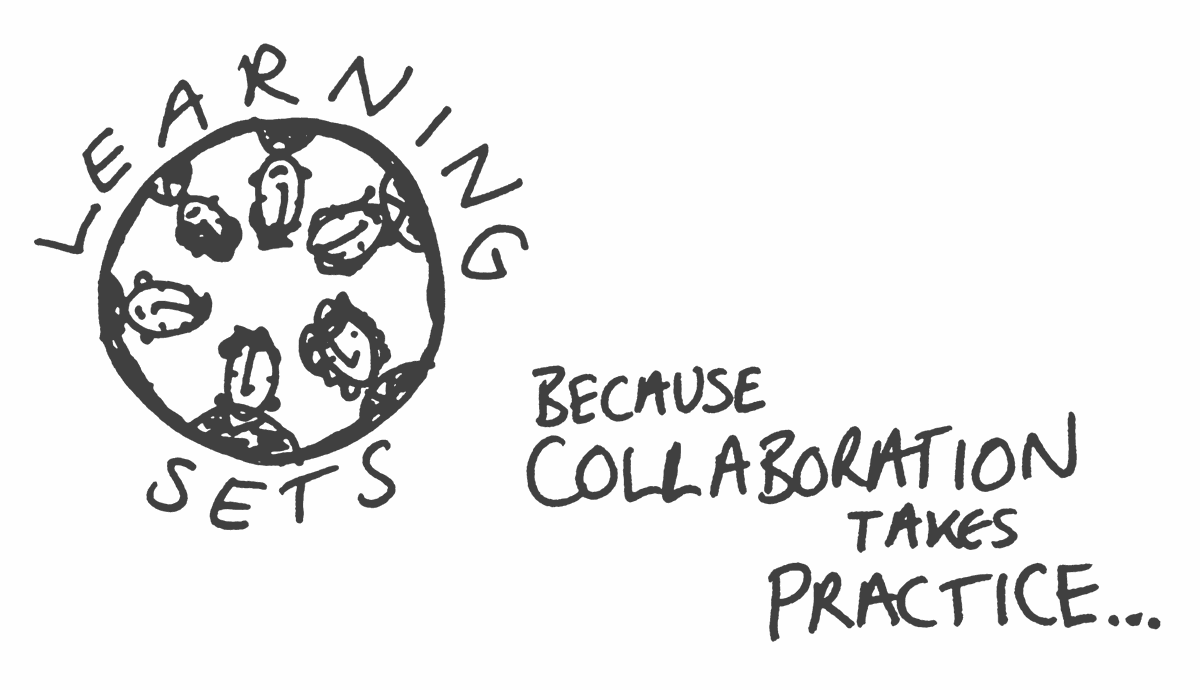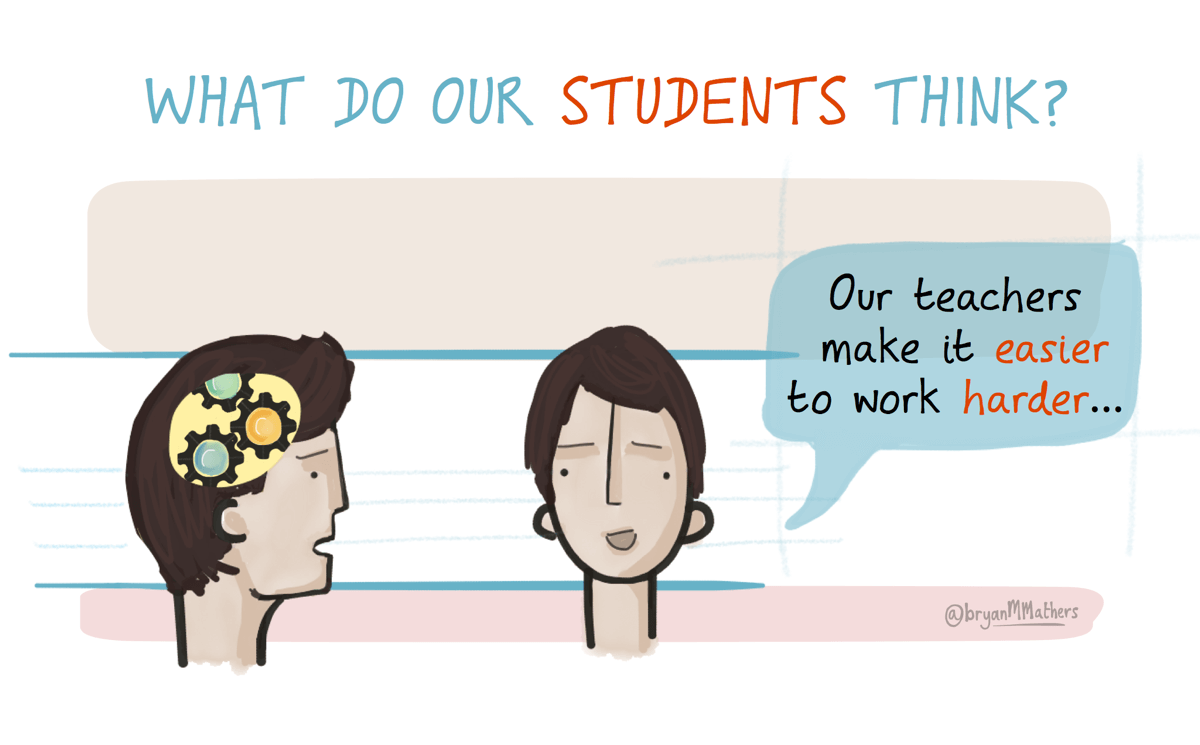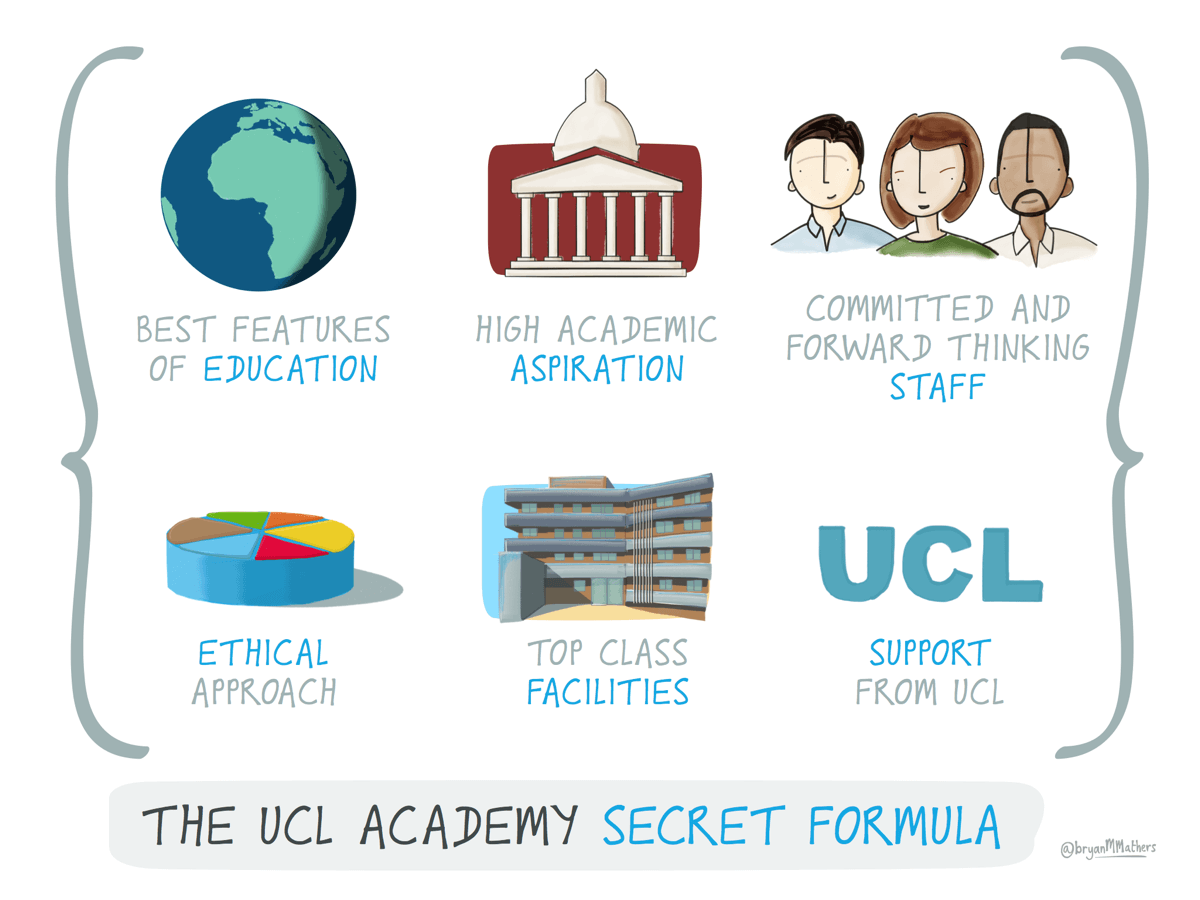OER17
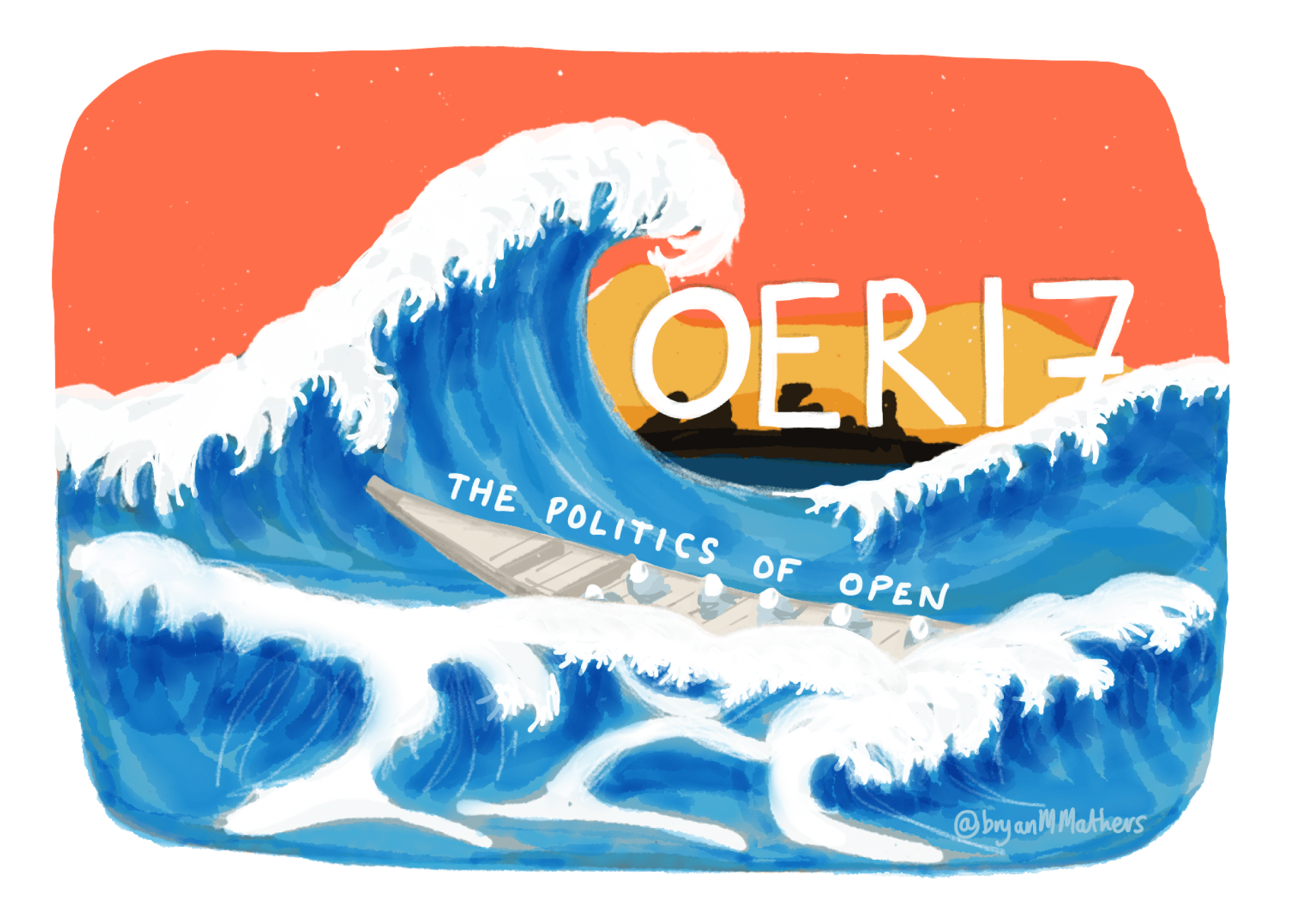
OER17 Conference
I bet the OER17 conference will be one of those that are referred back to for some time. It seemed like the right number of participants and the right mix of people. Although with so many parallel sessions, I must have missed out on a whole bunch of great insight.
I was there to run a workshop on “from Voice to Visual” (prezi is here), looking at the creative journey of the ALT visual strategy, together with Maren Deepwell CEO of ALT.
I like to visually process what I hear, and tune in to the messages that resonate with me. Hear it, see it, draw it (which also helps me remember it!) Call it my own form of active learning. The illustrations are below – just click for a slideshow…
Want to use an image?
The sketches and gifs below are available for use under a CC-BY 4.0 licence, which simply means that if you’d like to use them, all you have to do is attribute the creator (@bryanMMathers) wherever you use them. My business is dependent on people who attribute, so please do! To download a high-res version of an image, just click on the image to open it full size, and right-click / alt-click and select “Save image as…” or equivalent. 🙂
Open Education in the time of Trump and Brexit
I really enjoyed listening to this session, and only caught a fraction of the conversation.
Artists as Strategists
I thoroughly enjoyed meeting and listening to Diana Arce talking about Art for social change.
Who are you and why are you at OER17?
Here’s some live conversational thinkery with the participants of our session “from Voice to Visual”.
Read next
Here are some other projects you might be interested in.

